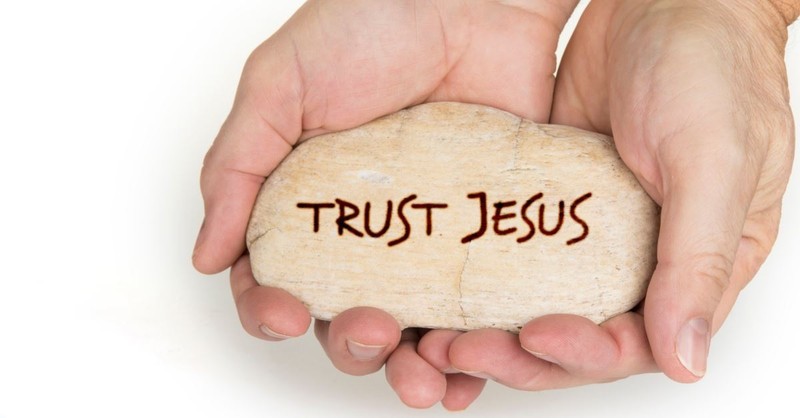“Then she [Martha] returned to Mary. She called Mary aside from the mourners and told her, ‘The Teacher is here and wants to see you.’ So Mary immediately went to him.” (John 11:28-29)
At some point in our lives, we will all experience the pain of loss. So we understand the deep suffering Mary and Martha felt that day.
The two sisters mourned over the tragic passing of their brother Lazarus, who happened to be one of Jesus’ dearest friends. When Jesus came to see them, Martha ran out to meet Him, but Mary stayed home.
Scripture doesn’t give a clear reason for Mary’s actions. Could it be that in her suffering, she couldn’t stop mourning? Did she think it was too late for Jesus to make a difference anyway? Or maybe she didn’t know, as Martha did, that Jesus approached.
Whatever the reason, we know this for certain: when Martha told Mary that Jesus wanted to see her, she went to Him immediately. In the midst of her mourning, she still held on to hope.
We won’t always know the outcome of the challenges we face. Our frazzled minds can chase unknowns, leaving us empty and without hope. It’s important in those times to remind ourselves what we do know: “And since we know He hears us, when we make requests, we also know that He will give us what we ask for” (1 John 5:15).
We know God is in control. We know He hears our prayers. And we know He answers, even when it’s not in the way we want or expect. Running straight to Christ, like Mary did, will help us hold onto the hope that can only be found through our relationship with Him.
Photo Credit: GettyImages/digitalskillet















